Home • Wedding Wine Concierge • Wedding Wine Planning Guide
Wine for Jewish Weddings
A Guide to Kosher Wine for Traditional Weddings
Wine symbolizes joy and celebration, playing an important role in Jewish traditions. Therefore, when planning a traditional Jewish wedding, you want to choose a selection of kosher wines to observe tradition while sharing an enjoyable experience with guests.
From wedding toasts to pairings for the wedding feast, we offer a comprehensive wine guide for Jewish weddings with expert tips and recommendations. For personalized assistance, visit our Jewish Wedding Wine Concierge Service page.
Table of Contents

Understanding Kosher Wines
Although many people automatically associate kosher wines with Manischewitz, a wide variety of wines are available for your celebrations. Kosher wine is the same as other wines, with one distinct difference: rabbinical oversight during the wine-making process.
A Word About Mevushal Wines
One important thing to remember is that although many kosher wines are available, not all are "mevushal." For traditional weddings, the flash boiling method used for mevushal wines is customary.
Also, remember the importance of wine in weddings, such as breaking the wine glass so you can follow the expected Jewish traditions.
The Significance of Wine in Wedding Ceremonies
The role of wine in Jewish weddings is twofold: symbolic and functional.
Each sip taken during the ceremony serves to mark the completion of various stages in the wedding ritual, adding a sense of rhythm and solemnity to the proceedings. Furthermore, it's an integral part of the joyous celebration, highlighting the sanctity and grandeur of the occasion.
The first cup of wine is shared during the Erusin, the initial part of the wedding ceremony. This cup of wine is associated with the Kiddush; a blessing recited over wine or grape juice to sanctify the Shabbat and Jewish holidays. At a wedding, the Kiddush serves to sanctify the marriage covenant about to be entered into.
The second cup of wedding ceremony wine is shared after the Sheva Brachot, the seven blessings recited over the couple. These blessings express hope for the couple's joy, companionship, and prosperity. The sharing of this wine symbolizes the couple's shared experience of life's blessings and challenges.
The choice of wine for these moments is significant. The wine should be kosher, and many prefer it to be sweet, symbolizing the sweetness of the life that the couple will build together. The wine also plays a functional role in the ceremony, with its consumption marking the conclusion of different parts of the wedding ritual.
So, as you choose the wine for your wedding, consider the taste and pairing with your menu and the wine's cultural and symbolic importance. The right wine can enhance the ceremony and add depth to this momentous occasion.
Sparkling Wines
Your toasts call for a lovely sparkling wine. Even if everyone just takes a sip, you want that sip to be pleasing to the palate. The two best sparkling varieties include:
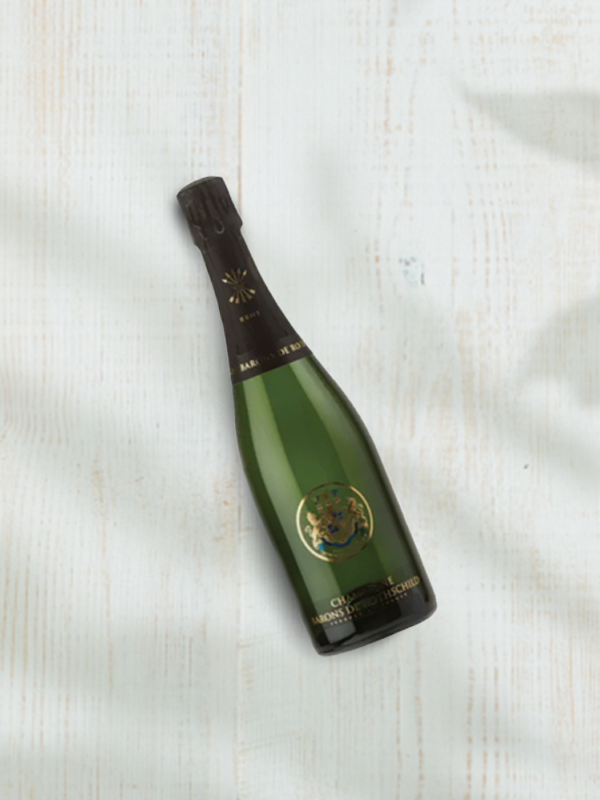
Champagne
Champagne offers a wide range of flavor notes with the most common including peach, cherry, almond, and a hint of toastiness. You can choose the level of preferred sweetness and consider whether you want something citrusy and crisp, oaky and toasty or richer with hints of dried fruit. You also have your choice between white and pink champagne. Recommendations include:
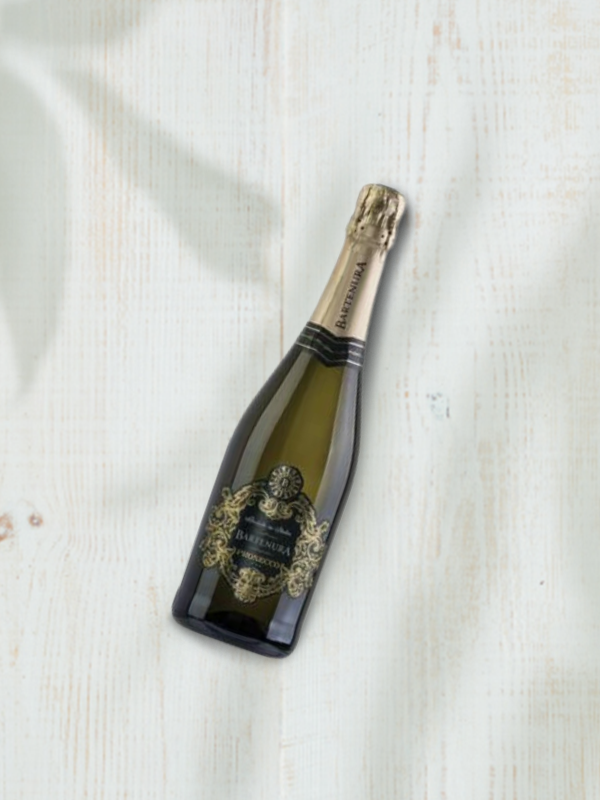
Prosecco
Prosecco is light-bodied and crisp with a medium to high acidity. It is a more fruit-forward sparkling wine with predominant apple flavors, followed by notes varying from peach, pear, and melon to florals like honeysuckle and hints of nuttiness to brioche.
Recommendations include:
White Wines
White wine is a popular choice at weddings, both with dinner as well as an aperitif. Popular varieties include:
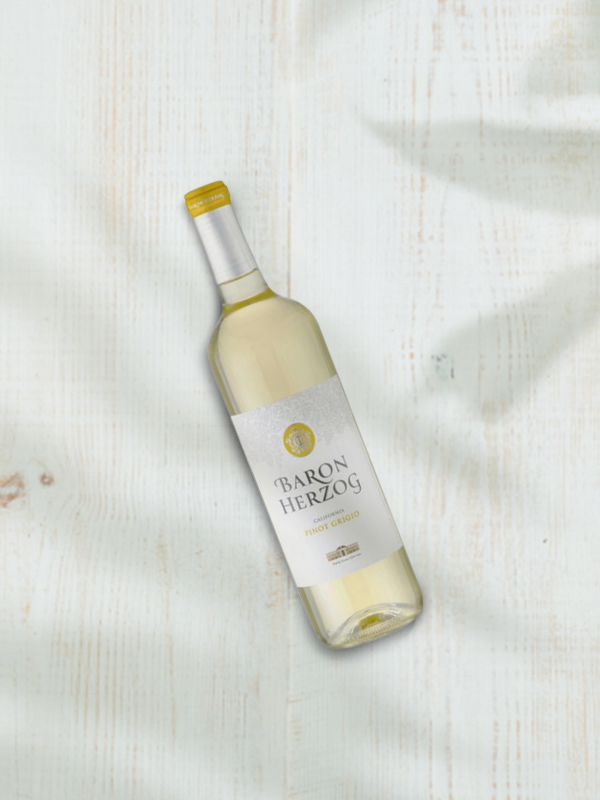
Pinot Grigio
This dry, light-bodied wine, has a citrusy aroma and is very fruit-forward with hints of lemon and notes such as honeysuckle and peach. It is a good choice for sipping as guests arrive as an alternative to sparkling wine.
Recommendations include:
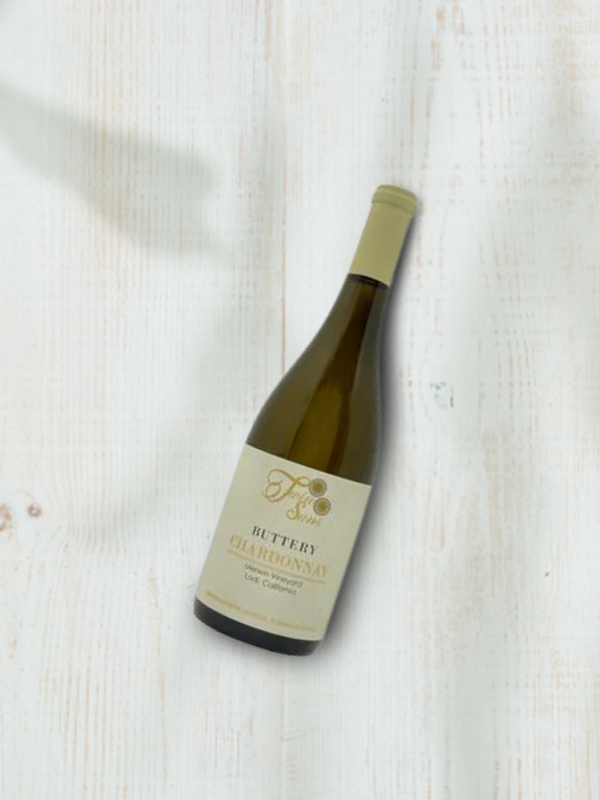
Chardonnay
Chardonnay is typically dry, moderately acidic, and medium bodied with classic fruit flavors such as apples, pears, and melons. You can find oaky, buttery, and fruity Chardonnays with some leaning more towards tropical fruits such as pineapple and mango.
Some recommendations include:
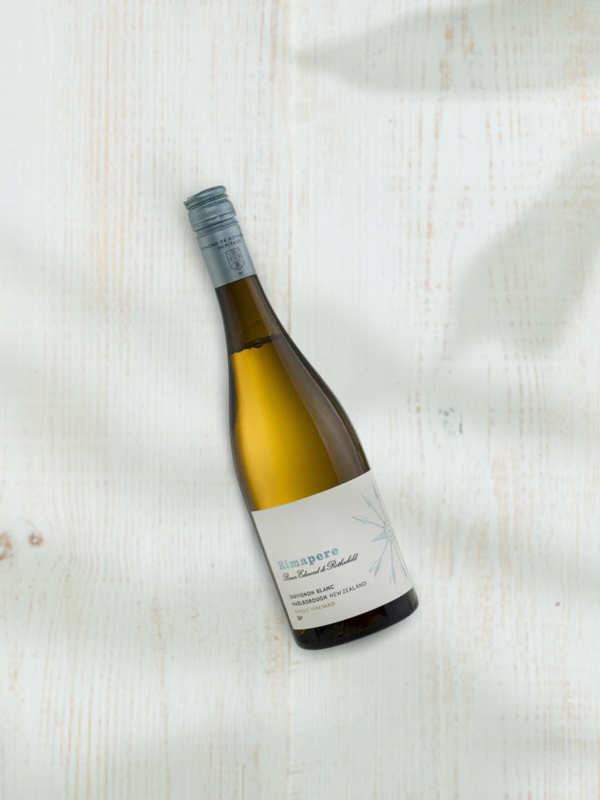
Sauvignon Blanc
Sauvignon Blanc is acidic and medium-bodied, known for its "green flavors." Greenness ranges from grassy to bell pepper and gooseberry to spicy pepper. Aged wines feature hints of peaches and flowers, while younger wines are more lime and grape prominent. Some recommendations include:
You can also consider a Gewürztraminer, which is a sweeter, spicier white with gingery lemon grass hints and refreshing stone fruit and lychee.
Red Wines
Red wine is always popular for sipping as well as pairing with heartier meals. Common varieties include:
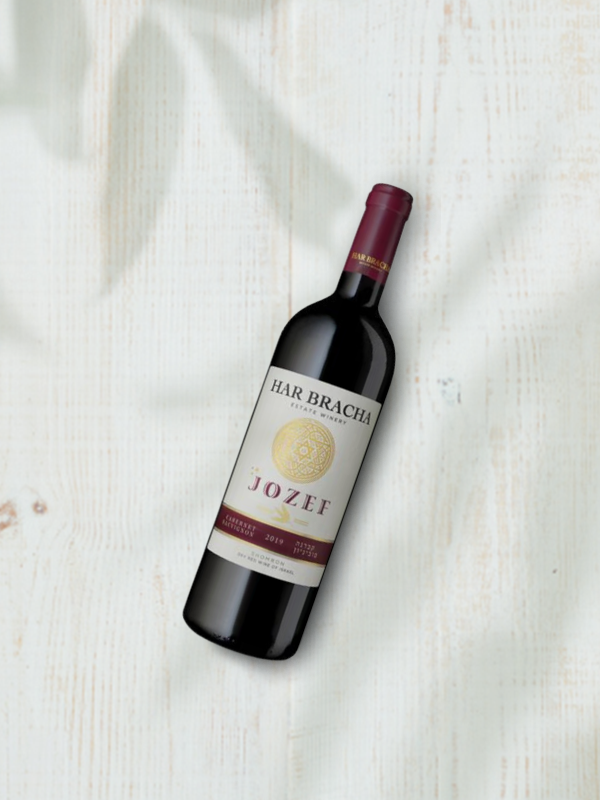
Cabernet Sauvignon
Typical flavors include black and red fruits and berries, herbal notes, and spices leaning towards black pepper and cloves. The wine also has oaky characteristics such as vanilla, toast and caramel. Top recommendations include:
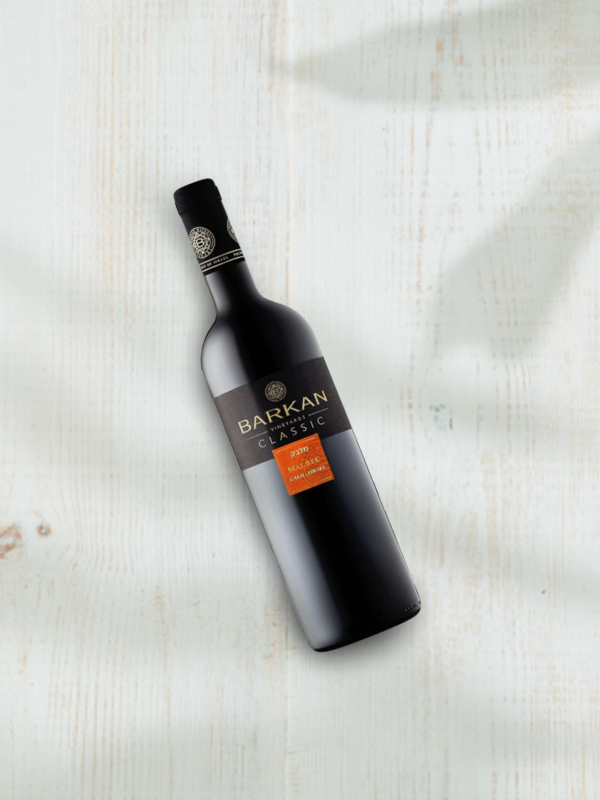
Malbec
Malbec is very full-bodied with unusual flavors combining fruit with spicy notes. Blueberry is very prominent, but plum and cherry are also common. If you want a wine that offers a wider range of acidity and sweetness, Malbec fits the bill with sweeter notes such as tobacco, cocoa, and vanilla. Brand recommendations include:
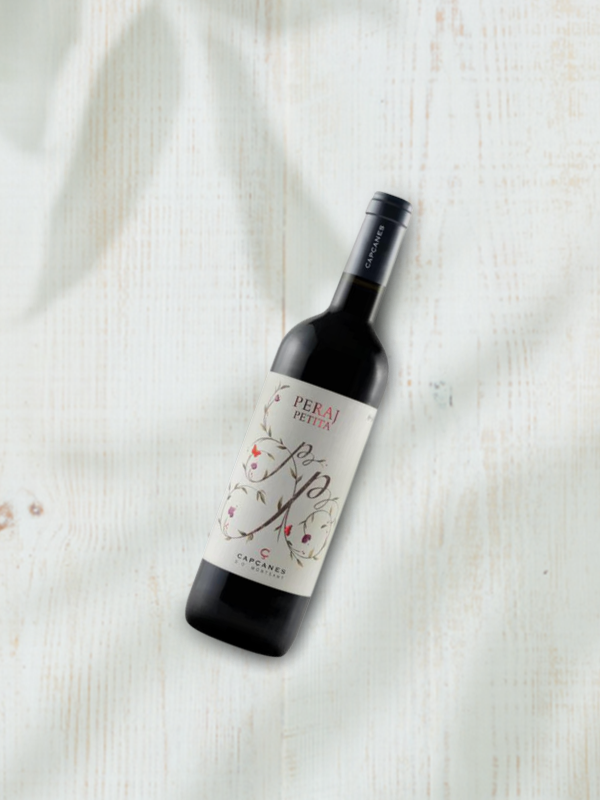
Shiraz
Shiraz, also known as Syrah, depending on where it is made, has mass appeal without a typical flavor profile. While it does have intense tannins and dryness, another similarity is its tendency to be more peppery than smokey. Black fruits, especially blackberries, coffee and some earthiness, can also be expected. With age, Shiraz becomes leatherier or even "truffly." We would recommend:
Other red varieties include Merlot, Pinot Noir, and Tempranillo.
For a more well-rounded selection, consider adding Moscato and Rosé to your wedding wines, as they will provide more variety for wine pairings.
Pairing Kosher Wines with Traditional Dishes
Wine pairings depend on the course and food served. Here are some typical wine pairings with a traditional wedding meal:
- Hors d'oeuvres: If you're serving lighter appetizers like smoked salmon or cheese blintzes, a crisp white wine like a Pinot Grigio or Sauvignon Blanc can be a great match. For heavier appetizers like latkes or kugel, consider a rich Chardonnay.
- Salad Course: Choose a Moscato such as 36 Degrees North, with its sweet, refreshing, and aromatic flavor.
- Soup Course: A Rosé such as Bartenura Malvasia offers a slight spritz and semi-sweetness that pairs nicely with soup.
- Fish Course: If you're serving a traditional fish course, such as gefilte fish or poached salmon, a light and refreshing white wine like Sauvignon Blanc or a dry Rosé can complement the dish wonderfully.
- Dessert: For sweet desserts like rugelach or babka, a dessert wine like a late-harvest Riesling or a Moscato can be a delightful pairing. If you're serving a chocolate dessert, consider a Port or a late-harvest Zinfandel.
For meat only weddings, we advise:
- Chicken or Veal: For lighter meats like chicken or veal, a medium-bodied white wine like Chardonnay or a light red like Pinot Noir can work well. If the chicken or veal is prepared with a heavy sauce, a fuller-bodied red like a Malbec or Syrah might be a better choice.
- Beef or Lamb: For heavier meats like beef or lamb, you'll want a full-bodied red wine. Cabernet Sauvignon and Merlot are classic pairings for these types of dishes. If you're serving a spicy dish, a Syrah can help balance out the heat.
Determining the Ideal Wine Quantities
You can avoid running out of wine by answering these questions:
Collapsible content
When do you plan to serve the wine?
Wedding receptions tend to serve wine with toasts and throughout dinner. However, when serving wine with an open bar, this increases the selection and quantity of wine needed.
How many guests will you have?
How many guests will likely drink wine?
Along with the number of guests, you also need to consider realistically how many guests will be drinking wine. Because the toast is likely to see more guests "imbibing" in wine, you need to consider this when ordering your sparkling wine. However, you might have fewer guests indulging in wine before, during and after dinner.
What is on the menu?
You also need to consider your menu to help pair the right wine with each course so you can determine quantities based on the number of tables.
Consultation with Your Rabbi
Remember, practices can vary between communities. Thus, it's always beneficial to seek advice from your Rabbi when choosing your wedding wines. They can confirm your selection aligns with your community's kosher standards and traditions. At Kosher Wine Warehouse, our Wedding Wine Concierge Service respects this guidance, helping you find wines that harmonize with your ceremony and faith.

